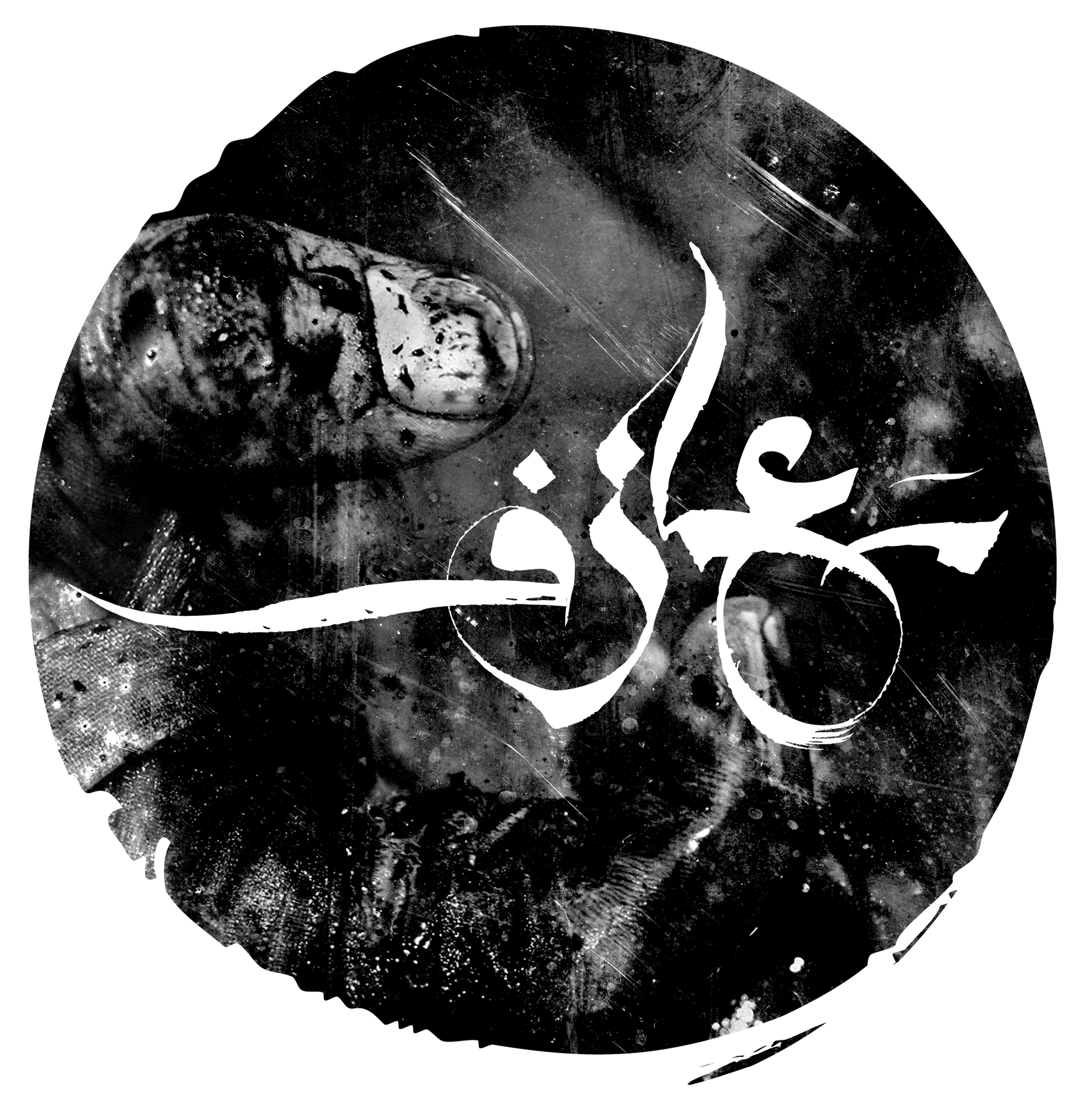“Spineless” by Egyptian musician Maurice Louca begins with no introductions floating over sentimental swamps. It immediately commences with the amplified sounds of the oboe, keyboard and different type of drums. 17 seconds into the piece, we hear the voice of “Ala 50” if it were a surplus yet necessary burden. It sends messages through short, disconnected sentences that do not relay a story but protect percussion from collapse: “life is a forest, and it’s mighty…..”
Louca, whose album “Salute the Parrot” was released on Ma’azef last year, represents a generation of Arab musicians who seem to have decided at once to toy with the sacred nostalgia. They chose, instead, to immerse themselves into the aesthetics of daily life details that manifest themselves in the feeling that everything could collapse all of a sudden. This feeling is, however, accompanied by a consciousness that there is no way to prevent this collapse other than relinquishing the privilege of imitating reality and believing that they are actually part of this reality. So, it is possible to regard those musicians as though they are floating in a cold meadow, only their heads surfacing as they try to breathe.
English
Ma’azef: Reclaiming History More Important than History Itself

Articles from Arab World
Culture in a Time of Shrinking Political Space
In this folder, we attempt to trace how culture interacts with the shrinking political sphere, avoiding generalizations or seeking necessarily "inspiring" models. Some texts illuminate how culture can create alternative...
Families returning home to bombarded areas face new health risks from war debris
People returning to places like Fallujah or Gaza work hard to rebuild their homes, clearing debris and doing rapid construction, forced to expose themselves to harmful materials that enter their...
Rashid Al-Khalidi: Israel is a Unique Settler-Colonial Project
Israel was not an extension of a mother country. This is a big difference from other kinds of colonialism and even other settlers' cases throughout history.
From the same author
Narrative and Memory
A large chunk of Palestinian artistic production concerned with the Palestinian cause derives its identity from the concept of poetic justice. This necessarily has to do with humanitarian purposes. We...




